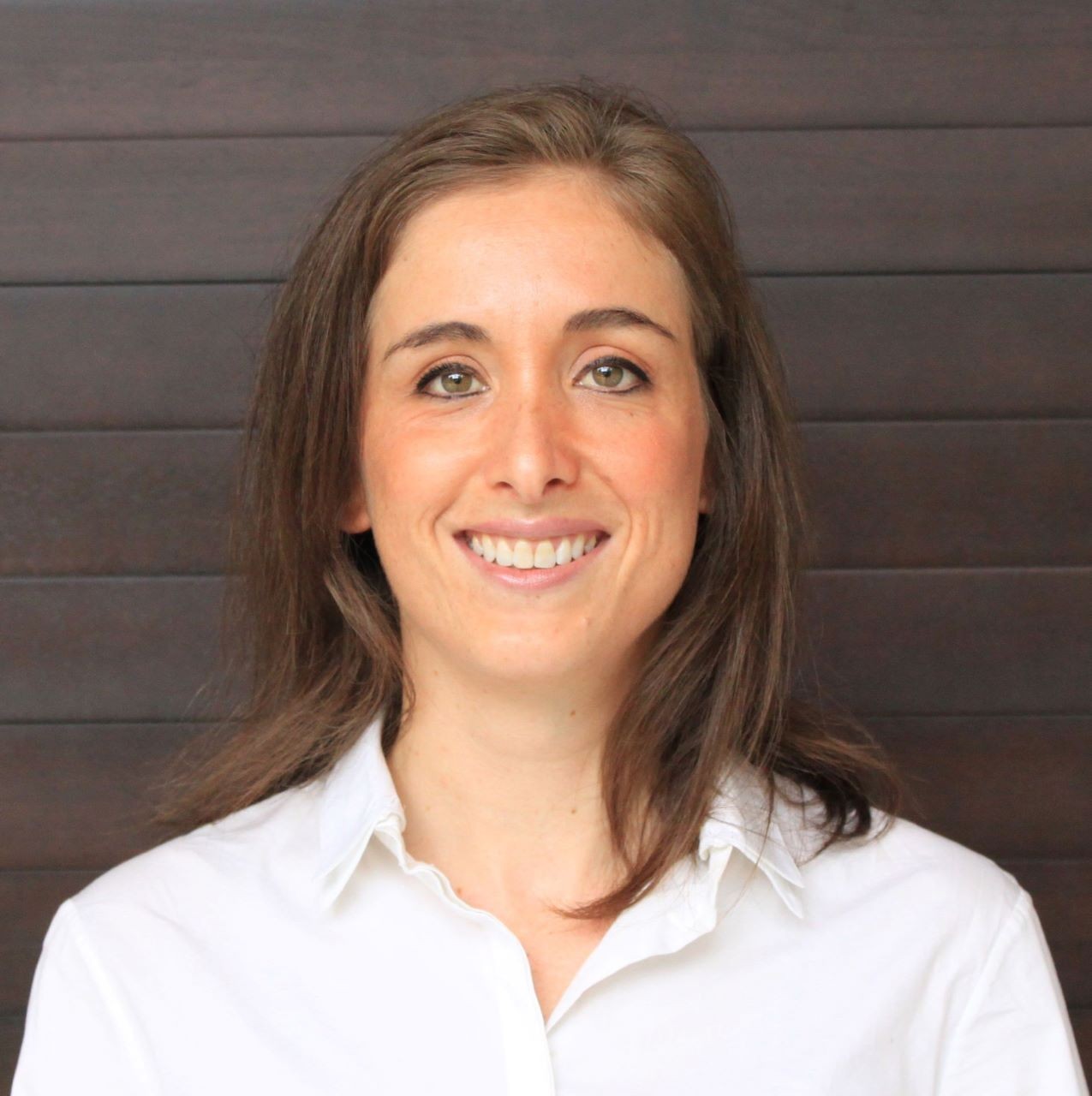Date & time
3:30 p.m. – 5 p.m.
Registration is closed
Registration is closed
Maya Goldenberg
This event is free
Online
 Maya Goldenberg
Maya Goldenberg
A growth area of public-facing science communications during the COVID years has been the counter-offence against misinformation, sometimes called the “infodemic.” Since the start of the pandemic, legions of well-intended healthcare practitioners, scientists, and concerned citizens have taken to social media platforms to debunk myths and provide corrective facts.
These efforts were buoyed by emerging cognitive and social psychology research into strategies for addressing misinformation, such as debunking, pre-emptive inoculation, and nudging. Yet this concentrated focus on the epistemic status of propositional claims has serious limits.
The field of communications research offers important insights that undermine the soundness of “myth-versus-fact” message frames as communications practice. Serious consideration of communication as meaning-making, especially in the fraught social context in which the infodemic has flourished, points to difficulties with the interpretive story line that the myth-busting message frame conveys. These considerations support an alternative focus on trust-building for science communications to the publics.
Maya Goldenberg is professor of philosophy at the University of Guelph. Her areas of research are in philosophy of medicine, science and values, feminist philosophy, and bioethics. She is author of Vaccine Hesitancy: Public Trust, expertise, and the War on Science (University of Pittsburgh Press 2021) and many academic and popular publications on science controversy, public trust in science, and the problem of expertise.
© Concordia University